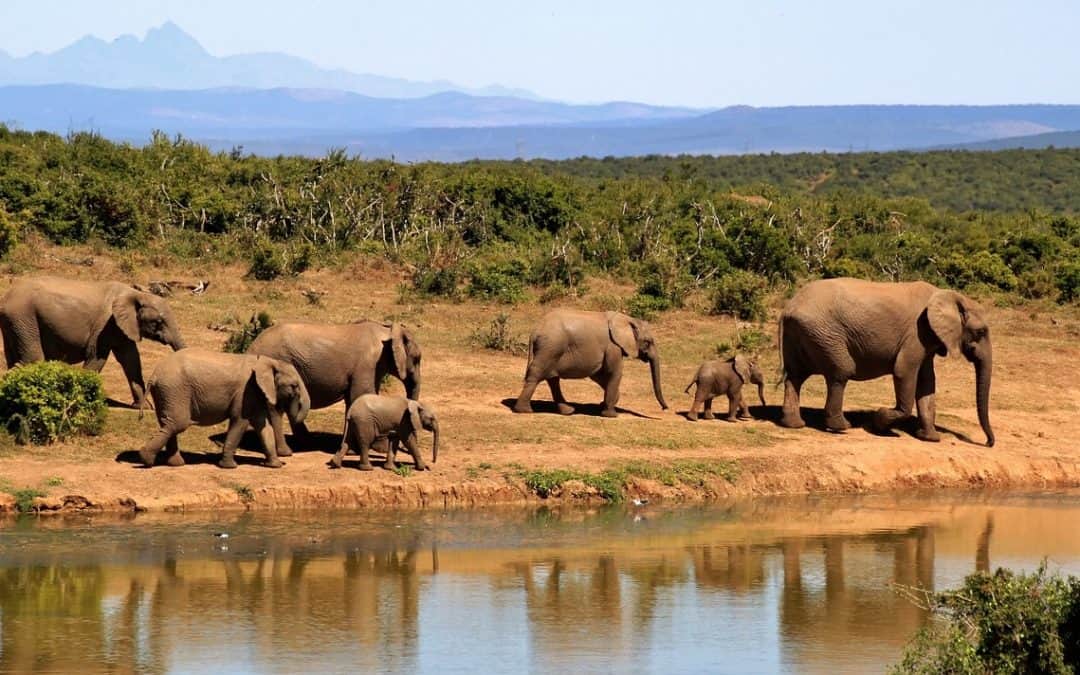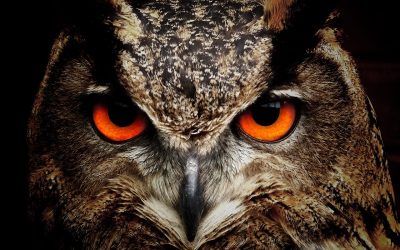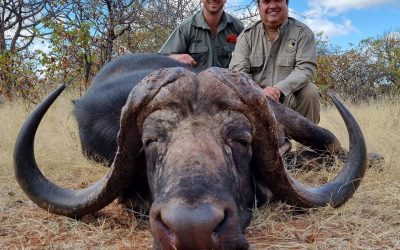So, you’ve always dreamt of going on a thrilling safari adventure in Africa, soaking in the breathtaking landscapes and experiencing the incredible wildlife up close. But, as you plan your trip, an intriguing question arises in your mind – can you hunt at night in Africa? The allure of exploring the African wilderness under the cover of darkness beckons, and in this article, we’ll delve into the answer to this burning question, providing you with all the information you need to know about the possibility of nighttime hunting in Africa. Get ready to uncover the mysteries of after-hours hunting in the heartland of wildlife.
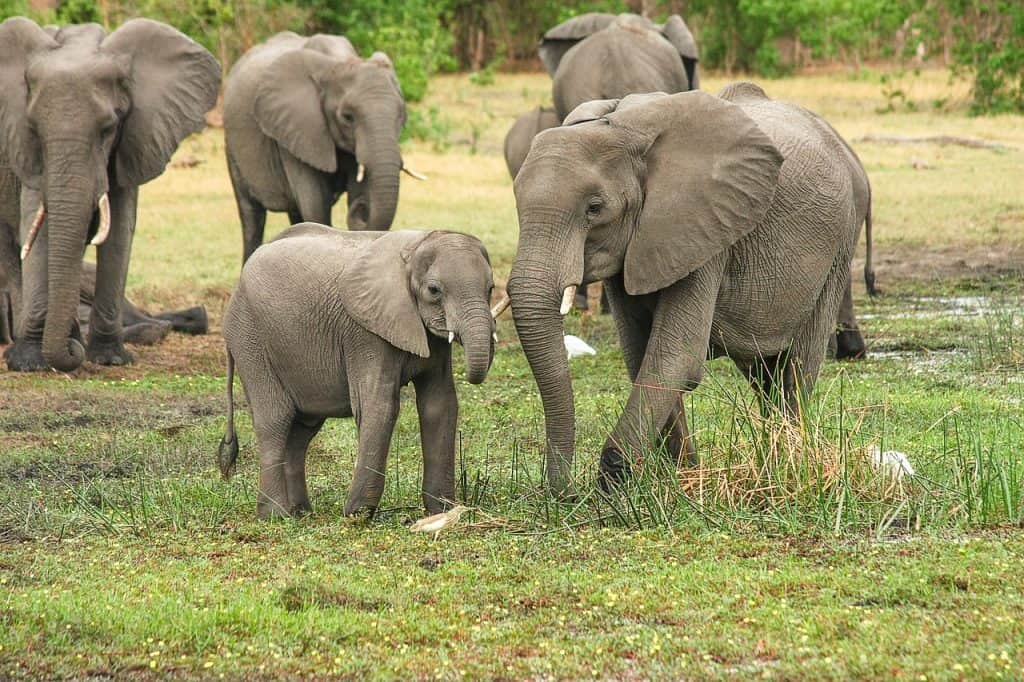
Hunting Laws and Regulations in Africa
Overview of hunting regulations
Hunting regulations in Africa vary among countries, with each nation having its own set of laws and restrictions. These regulations are put in place to ensure sustainable hunting practices and wildlife conservation. It is essential to familiarize yourself with the specific regulations of the country you plan to hunt in before embarking on any hunting activities.
Restrictions on hunting at night
Many African countries have placed strict restrictions on hunting at night. This is primarily because nocturnal animals are typically more vulnerable and harder to spot, making them easy targets for unethical hunting practices. In order to protect wildlife populations and ensure fair chase, hunting at night is often prohibited or tightly regulated.
Special permits and licenses
Obtaining the necessary permits and licenses is crucial for legal and responsible hunting in Africa. These permits typically specify the species that can be hunted, the time of day allowed for hunting, and the specific areas where hunting is permitted. It is essential to comply with these regulations and obtain the appropriate documentation to avoid legal consequences and contribute to wildlife conservation efforts.
Nocturnal Animals in Africa
List of popular nocturnal animals
Africa is home to a diverse array of nocturnal animals, each with their own unique behaviors and adaptations. Some popular nocturnal species found in Africa include lions, leopards, hyenas, civets, genets, porcupines, and various owl species. These animals have adapted to the darkness and developed specialized characteristics that allow them to thrive during the nighttime hours.
Behavior and habits of nocturnal animals
Nocturnal animals in Africa have evolved to take advantage of the cooler temperatures and reduced competition for resources during the night. They often exhibit behaviors such as enhanced night vision, acute hearing, and specialized hunting strategies. Nocturnal animals are typically more elusive and secretive during daylight hours, making them a challenge to observe and hunt.
The challenges of hunting nocturnal animals
Hunting nocturnal animals presents unique challenges compared to hunting during the day. Limited visibility, reliance on artificial light sources, and difficulty in tracking elusive animals all contribute to the complexities of hunting at night. Patience, skill, and a deep understanding of nocturnal animal behavior are essential for a successful night hunt.
Traditional Hunting Methods in Africa
Historical perspective on night hunting
Night hunting has a long-standing history in Africa, dating back to ancient times. Indigenous communities relied on traditional hunting methods that allowed them to hunt nocturnal animals for sustenance and cultural practices. These methods were passed down through generations, and while they may still be practiced in some communities, they have become less prevalent due to modern hunting regulations.
Techniques and tools used for night hunting
Traditional African hunting methods utilized a combination of skill, knowledge, and various tools to hunt nocturnal animals. Techniques such as tracking, trapping, and using specialized weapons like spears and bows were common. Additionally, some African communities employed the use of trained hunting dogs to assist in night hunts. These traditional techniques were honed over centuries and played a significant role in the local hunting culture.
Significance of traditional hunting for local communities
Traditional hunting holds cultural and social significance for many African communities. It serves as a way to connect with ancestral heritage, pass down indigenous knowledge, and provide food for the community. While modern hunting regulations may restrict these practices, efforts are being made to preserve and celebrate the cultural significance of traditional hunting while also promoting sustainable hunting practices.
The Impact of Night Hunting on Wildlife Conservation
Effects of night hunting on wildlife populations
Night hunting, when conducted irresponsibly or illegally, can have detrimental effects on wildlife populations. It can lead to a decline in nocturnal animal populations, disrupt natural ecosystems, and upset the delicate balance of predator-prey relationships. Overhunting of nocturnal species can result in their extirpation from certain areas, negatively impacting biodiversity and the overall health of ecosystems.
Conservation concerns and ethical considerations
Night hunting raises ethical considerations regarding the fair treatment of animals and the preservation of biodiversity. Additionally, hunting practices that rely heavily on artificial light sources can disturb other wildlife, such as nesting birds or diurnal species. Conservation organizations and governments strive to strike a balance between sustainable hunting practices and wildlife conservation efforts to protect Africa’s rich biodiversity.
Alternatives to hunting at night for wildlife protection
To protect wildlife populations and promote responsible hunting practices, alternatives to hunting at night have been implemented. These include hunting during regulated daylight hours, enforcing strict hunting quotas, and promoting wildlife conservation through education and awareness campaigns. Engaging in eco-tourism activities, such as wildlife photography or guided wildlife watching, can also provide alternatives to hunting while supporting local communities and conservation efforts.
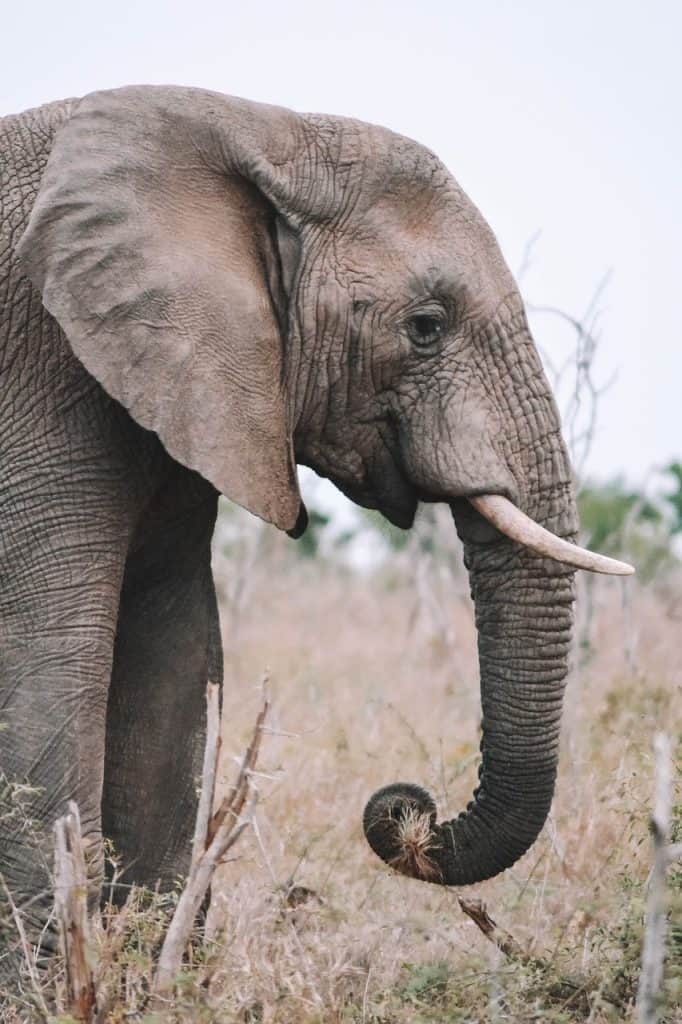
Night Hunting Safaris in Africa
Limited opportunities for guided night hunting
Guided night hunting safaris in Africa are limited due to the strict regulations and ethical considerations surrounding nocturnal hunting. However, some countries still offer selective opportunities for experienced hunters to participate in night hunts under the supervision of seasoned guides. These safaris aim to provide a controlled and responsible hunting experience while prioritizing wildlife conservation.
Regulated and responsible hunting practices
Night hunting safaris that do take place adhere to stringent regulations and ethical principles. They emphasize the importance of fair chase, respect for wildlife, and adherence to hunting quotas. Experienced guides ensure that hunters are well-informed about the specific regulations and restrictions in place, while also prioritizing the safety of both the hunters and the wildlife.
Experiences and challenges faced in night hunting safaris
Participating in a night hunting safari in Africa can be an exhilarating and rewarding experience for hunters. The thrill of navigating the darkness, honing one’s skills, and successfully tracking nocturnal animals offers a unique and memorable adventure. However, the challenges of limited visibility, the need for advanced equipment, and the reliance on guide expertise make night hunting safaris a specialized and potentially difficult endeavor.
Technological Advances in Night Hunting
Night vision and thermal imaging equipment
Recent technological advancements in night vision and thermal imaging equipment have revolutionized the way hunters approach night hunting. These tools provide enhanced visibility in darkness, allowing hunters to spot and track nocturnal animals more effectively. Night vision goggles, scopes, and cameras, as well as thermal imaging cameras, have become invaluable tools for many hunters seeking to improve their success rates.
Advantages and disadvantages of using technology
The use of technology in night hunting offers several advantages, including improved accuracy, increased safety, and enhanced overall hunting experience. Hunters can better identify their targets and avoid accidental harm to non-target species. However, there are concerns that relying heavily on technology may diminish the skill and intuition required for traditional hunting methods. Striking a balance between technological advancements and maintaining ethical hunting practices is crucial.
Implications for hunting ethics and fair chase
The incorporation of technology in night hunting raises questions about hunting ethics and the concept of fair chase. While technological tools can increase success rates, some argue that they may create an unfair advantage for hunters. Ensuring that hunting practices utilizing technology maintain the principles of fair chase, respect for wildlife, and adherence to regulatory frameworks is essential to preserve the integrity of ethical hunting.
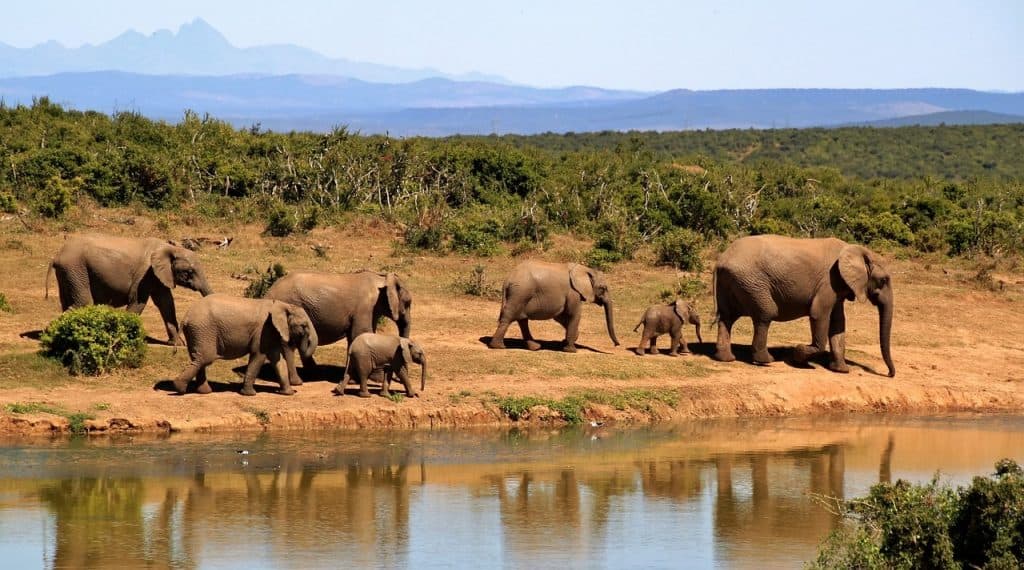
Local Perspectives on Night Hunting
Cultural significance of night hunting
Night hunting holds cultural significance in many African societies, where it has been an integral part of traditional practices and rituals. It is often seen as a way to connect with ancestral heritage and maintain a cultural identity. While modern hunting regulations may limit the extent of night hunting, it remains an important aspect of local communities’ cultural fabric.
The role of traditional knowledge and skills
Local communities in Africa possess a wealth of traditional knowledge and skills related to night hunting. Passed down through generations, this knowledge encompasses animal behavior, tracking techniques, and the use of specific tools. Preserving and valuing this traditional knowledge is important, as it not only contributes to wildlife conservation efforts but also empowers these communities to maintain their cultural heritage.
Balancing cultural practices with conservation efforts
Efforts are being made to strike a balance between the cultural significance of night hunting and wildlife conservation objectives. Collaborative initiatives involving local communities, governments, and conservation organizations seek to engage communities in conservation efforts while respecting their cultural practices. By promoting sustainable hunting practices and providing alternative sources of income, these initiatives strive to preserve cultural traditions while safeguarding Africa’s natural heritage.
Legal and Illegal Night Hunting in Africa
Poaching and illegal hunting activities
Illegal night hunting, commonly referred to as poaching, remains a significant threat to wildlife populations in Africa. Poachers exploit the cover of darkness to hunt endangered species for their valuable parts, such as ivory or rhino horn. This illegal trade not only decimates wildlife populations but also fuels organized crime and threatens the stability of ecosystems.
Enforcement measures and penalties
Governments and conservation agencies in Africa have implemented rigorous enforcement measures to combat illegal night hunting and poaching activities. This includes increased patrol efforts, the use of technology in surveillance, and collaboration with international organizations to curb the illegal wildlife trade. Penalties for engaging in illegal hunting can be severe, including substantial fines, imprisonment, and the loss of hunting privileges.
Efforts to combat illegal night hunting
Numerous organizations and initiatives are dedicated to combatting illegal night hunting in Africa. These efforts focus on strengthening law enforcement, raising awareness, supporting local communities in conservation efforts, and providing alternative sources of income to reduce the incentives for poaching. Collaboration between governments, communities, and international partners remains paramount in the fight against illegal hunting.
Tourism and Night Wildlife Viewing
Increasing popularity of night wildlife viewing
With a growing interest in wildlife conservation and ecotourism, night wildlife viewing has become increasingly popular in Africa. Many tourists are drawn to the unique opportunity to observe nocturnal animals in their natural habitats and experience the mystique of the African nighttime. Responsible ecotourism practices ensure minimal disturbance to wildlife and contribute to local economies and conservation efforts.
Responsible ecotourism practices
Responsible night wildlife viewing practices prioritize the well-being of animals and the preservation of their natural habitats. Guided tours often adhere to strict codes of conduct, such as maintaining a safe distance from animals, using low impact lighting techniques, and limiting the number of visitors in sensitive areas. These practices help to minimize the disturbance on wildlife and foster a sustainable tourism industry.
Comparing hunting and non-hunting nighttime activities
Hunting and non-hunting nighttime activities provide different experiences for visitors to Africa. While hunting offers a more active and hands-on approach, non-hunting activities allow individuals to appreciate the beauty and wonder of African wildlife without causing harm. Both activities contribute to the conservation of wildlife, with responsible hunting promoting sustainable practices and non-hunting activities promoting awareness and appreciation for wildlife.
Conclusion
Summary of hunting regulations and restrictions at night
Hunting at night in Africa is subject to various regulations and restrictions to ensure sustainable practices and wildlife conservation. These regulations aim to protect nocturnal animals and their habitats, preserving Africa’s rich biodiversity for future generations. Strict enforcement measures are in place to combat illegal night hunting activities and poaching.
Considerations for responsible hunting in Africa
Responsible hunting in Africa requires obtaining the necessary permits and licenses, adhering to hunting quotas, and respecting the regulations set by each country. Hunters must prioritize fair chase, ethical treatment of animals, and sustainable practices. Engaging with local communities, supporting conservation initiatives, and valuing traditional knowledge also contribute to responsible hunting.
Balancing conservation efforts and cultural practices
Striking a balance between conservation efforts and cultural practices is crucial in Africa. It is important to respect and preserve the cultural significance of traditional hunting while promoting sustainable practices. Collaborative initiatives that involve local communities, governments, and conservation organizations can contribute to both heritage preservation and wildlife conservation. By working together, Africa can maintain its cultural diversity and protect its unique wildlife.

